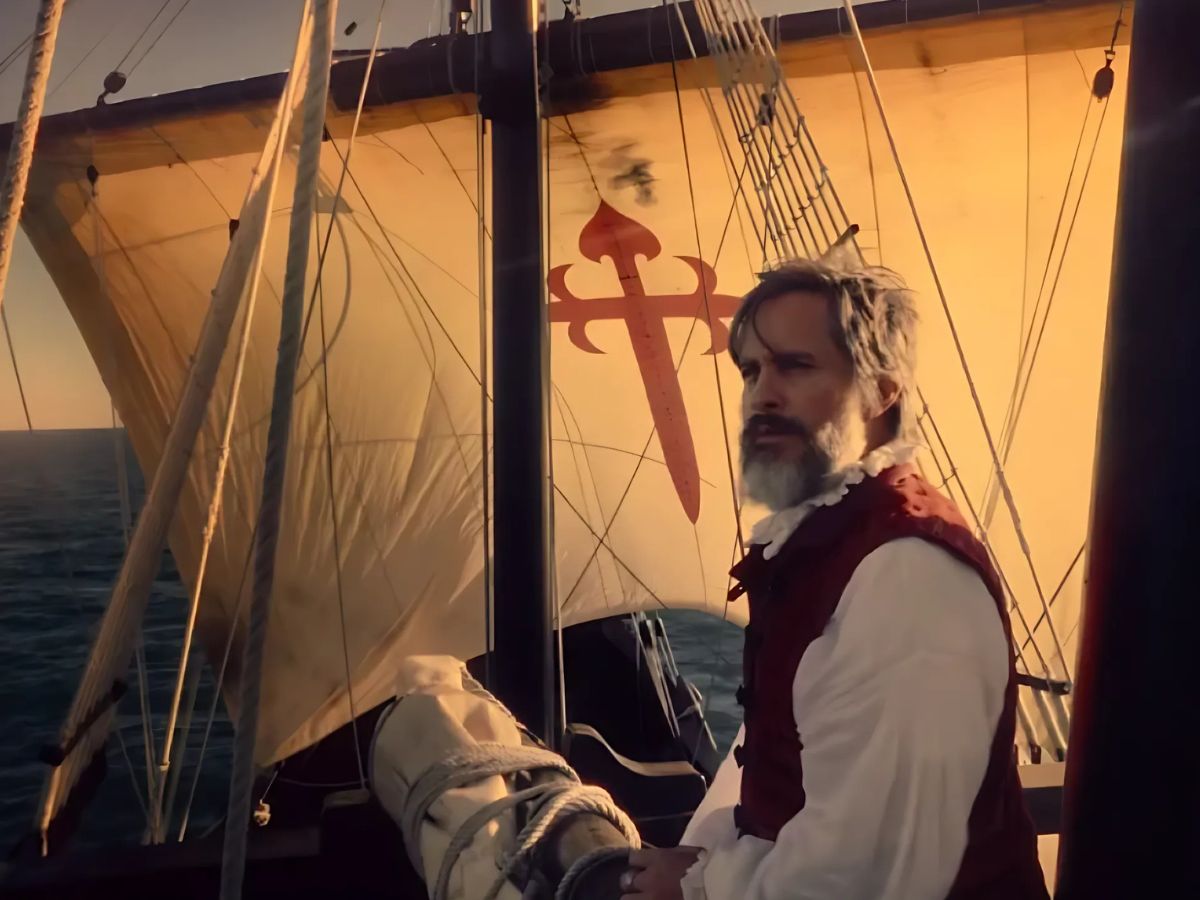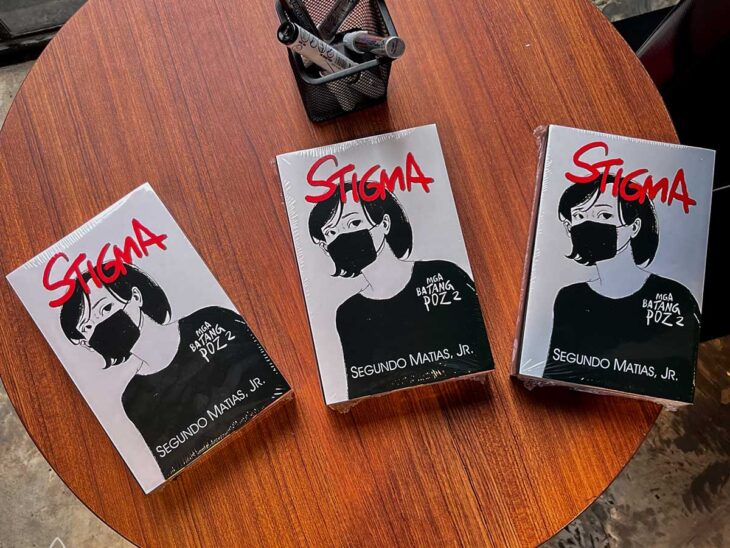The film has been picked as the Philippines’ official entry to the 98th Academy Awards, beating six other contenders for a shot at Best International Feature Film.
‘On March 16, 1521…’—every Filipino knows this date by heart. It’s drilled into us since grade school, often reinforced by Yoyoy Villame’s Magellan (Philippine History) song. For generations, the story of Ferdinand Magellan’s arrival in the Philippines has stood as a defining account of our history.
But what if what we know about Magellan—the Portuguese explorer leading a Spanish fleet—is incomplete or even distorted? What if historians never fully revealed the missing pieces?
That’s where his latest film comes into the picture. His historical drama, Lav Diaz’s Magellan, explores the last months of the explorer’s life. It ends with his death in Mactan. The film runs for two hours and forty-five minutes. That’s considered “short” for Diaz, the master of slow cinema. Lav Diaz’s Magellan premiered at the Cannes Film Festival in May 2025. The Film Academy and FDCP chose it as the Philippines’ entry to the 98th Academy Awards.

Here’s What You Need to Know About Lav Diaz’s ‘Magellan’
The announcement came during the opening ceremony of FDCP’s Philippine Film Industry Month this September. As part of its Oscars Assistance Program, FDCP will award Diaz and his team P1 million to support their campaign leading up to the Academy Awards.
The film beat out six other local contenders for the Oscars slot: Sunshine, Food Delivery, Some Nights I Feel Like Walking, Song of the Fireflies, Green Bones, and Hello, Love, Again. A selection committee made up of Filipino film industry experts evaluated the submissions based on aesthetic and technical quality, cultural resonance, global appeal, and the producers’ readiness to campaign internationally.
As per Diaz, the film goes beyond textbook history, digging into themes often left out of discussions: the corruption of power and the myth of discovery. Instead of presenting Magellan as the ‘discoverer’ of the Philippines, Diaz reframes him not as a hero, but as a man staring into his own mortality. “It’s a film about how power intoxicates and the myth of discovery,” Diaz said. “Here, Magellan is no hero—he is a man facing his own oblivion.”
More than relearning history, Magellan invites audiences to experience it firsthand. The film blends Malay history into the wider story of world events. It also questions the colonial lens many Filipinos learned in school. Though Magellan is the focus, the deeper message highlights Filipino identities, traditions, and narratives carried through generations.
Filming took place in the Philippines, Portugal, and Spain, including sequences shot on a replica of Magellan’s ship, the Victoria. The movie was produced by Paul Soriano and Mark Victor, with Bianca Trinidad as line producer. On the distribution side, Luxbox Films is handling global sales, while Janus Films secured North American rights.
The cast combines international and local talent, led by Gael García Bernal as Magellan. He stars alongside Ângela Azevedo, Ronnie Lazaro as Raha Humabon, Arjay Babon, Bong Cabrera, Hazel Orencio, Rafa Siguion-Reyna, and others. True to Diaz’s style, the first cut lasted nine hours. For its premiere, he trimmed it to just under three.

Why ‘Magellan’ Matters Right Now
The 98th Academy Awards takes place on March 15, 2026, at the Dolby Theatre in Hollywood. The Academy will release the international feature shortlist on December 16, 2025, and announce the final five nominees on January 22, 2026.
For the Philippines, this entry goes beyond a typical Oscars submission. It creates an opportunity to spark conversations about how we teach, remember, and sometimes romanticize history. In an age of widespread historical revisionism, Magellan arrives at the perfect time. The film urges us to rethink the colonial “heroes” we once celebrated and to view history through a Filipino lens instead of a Western one. As Filipinos, we cheer for our film at the Oscars while reclaiming our narratives, questioning classroom stories, and recognizing how the past shaped us as a nation.
Lav Diaz’s Magellan goes beyond the story of the ‘discovery’ of the Philippines. Rather, it is about us, Filipinos, finally telling our side of history. Would you be ready to watch it and heed its call for action?






















